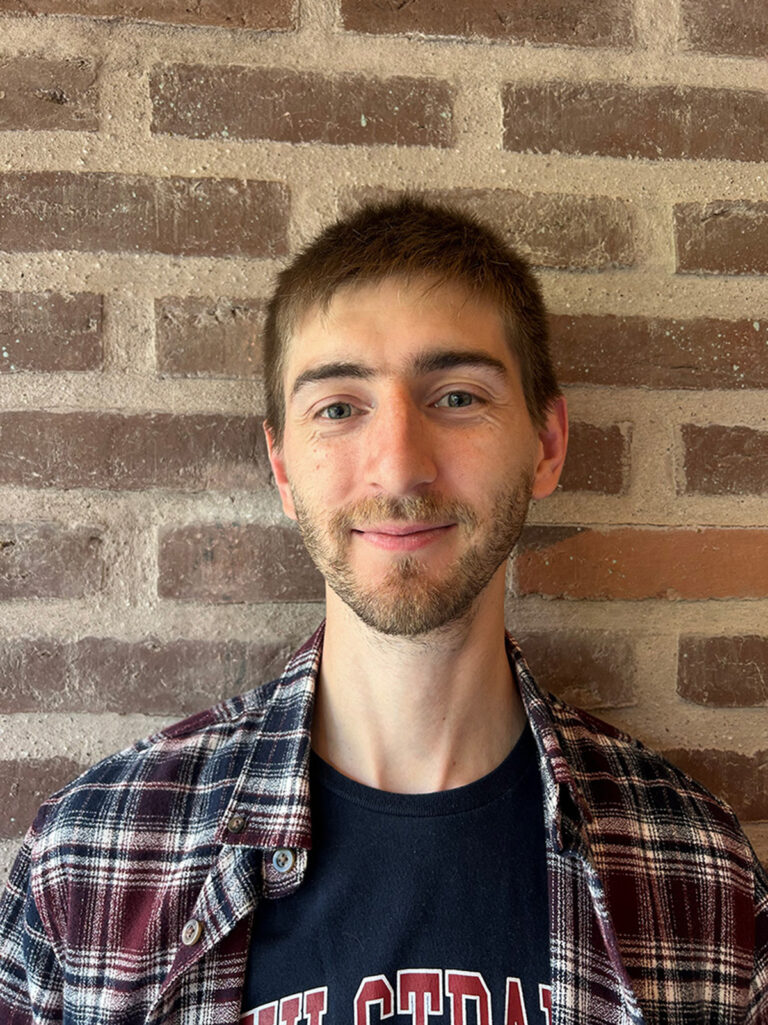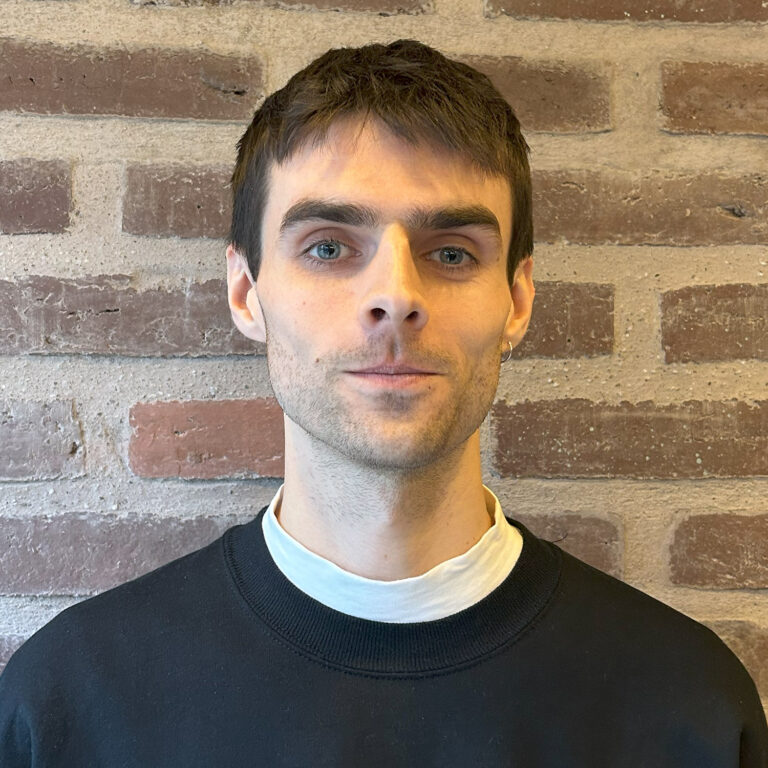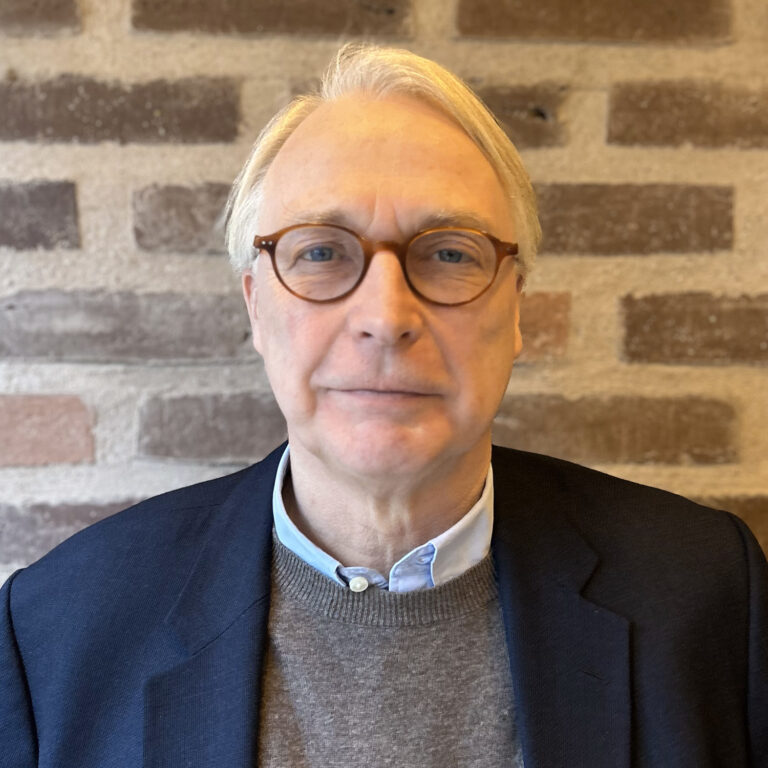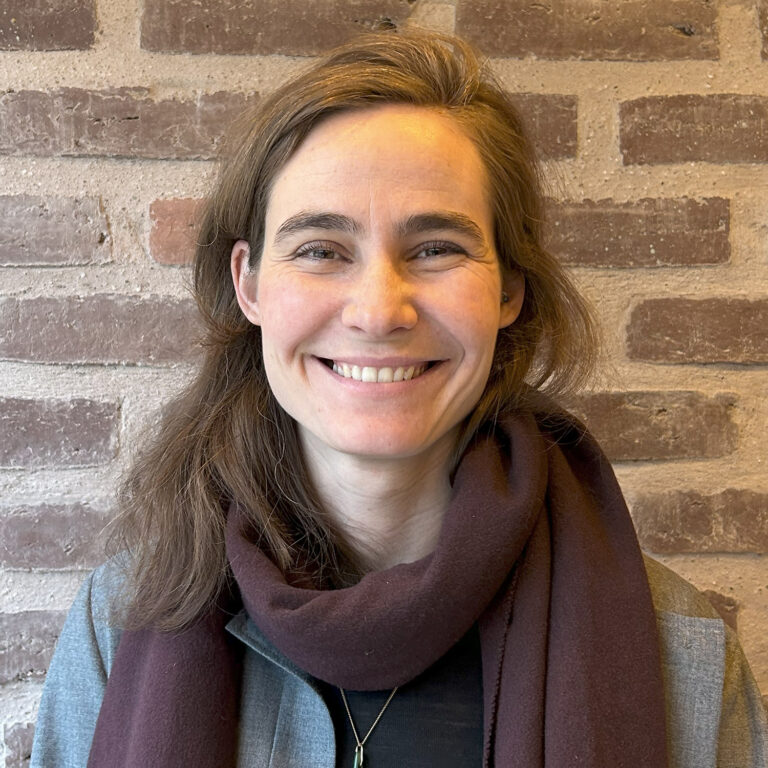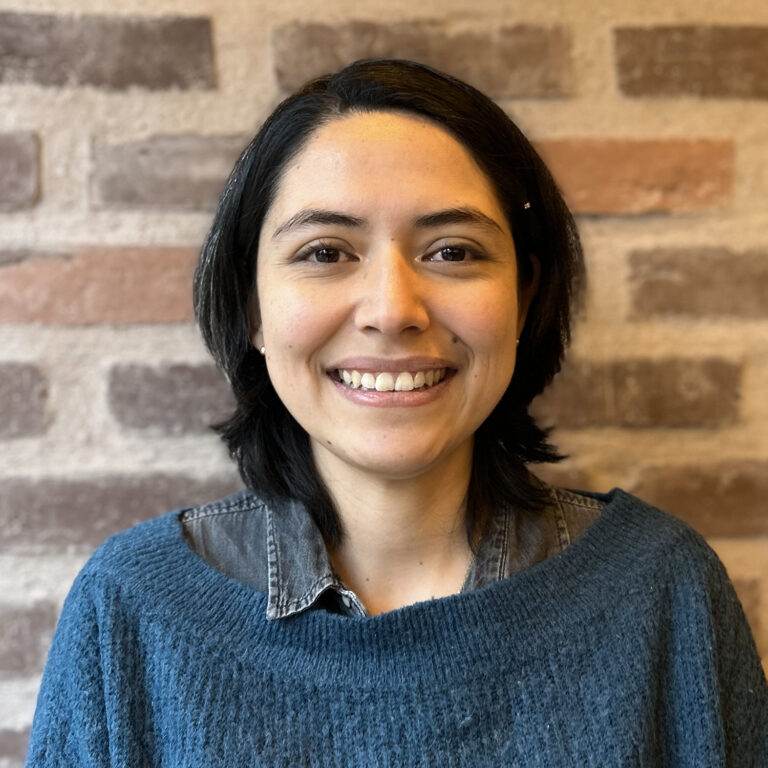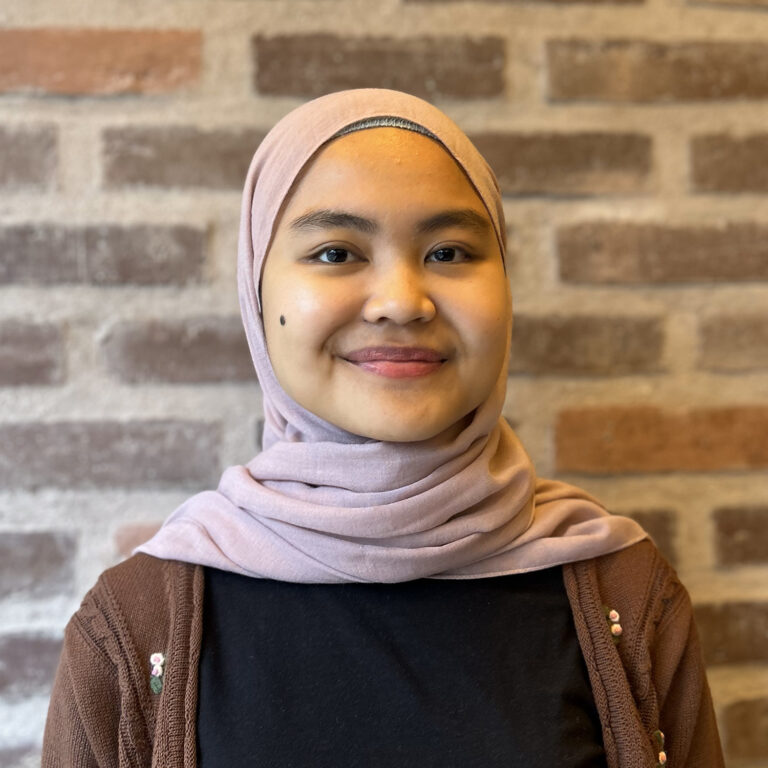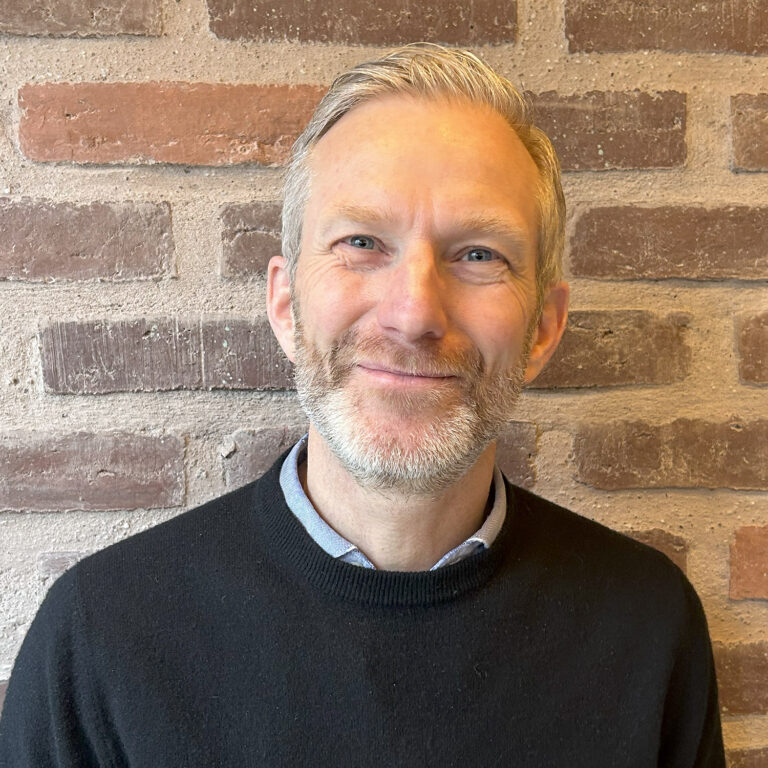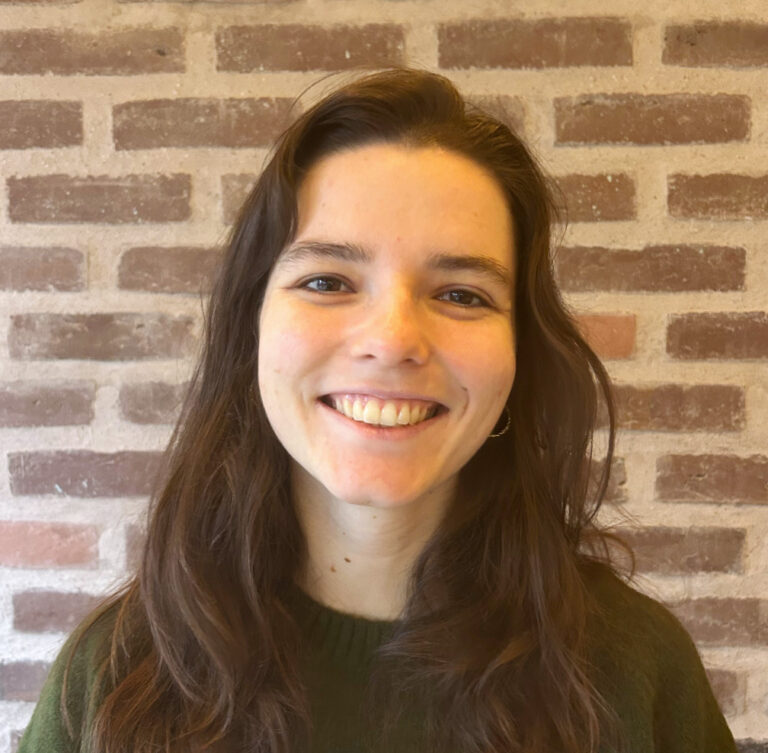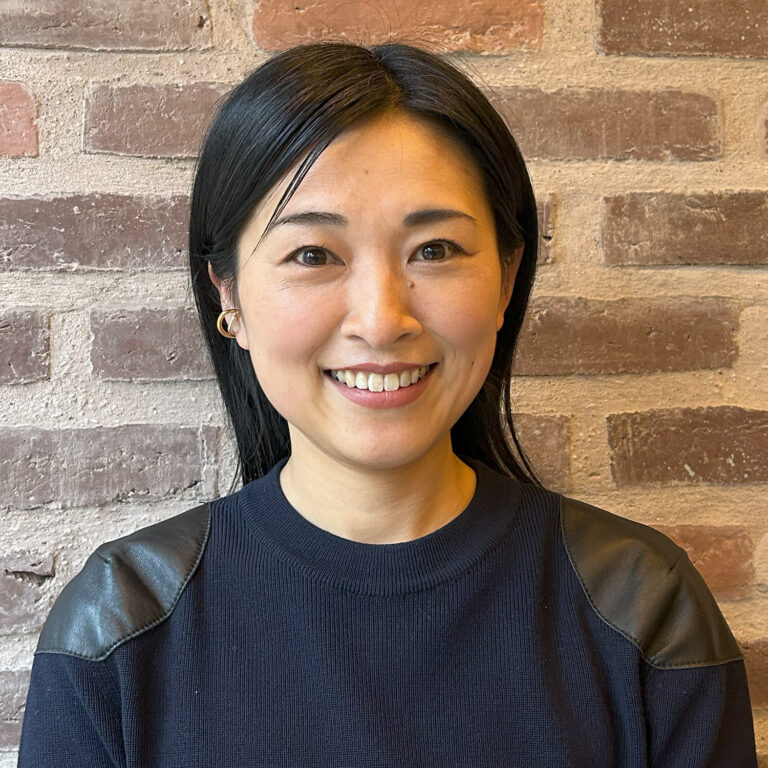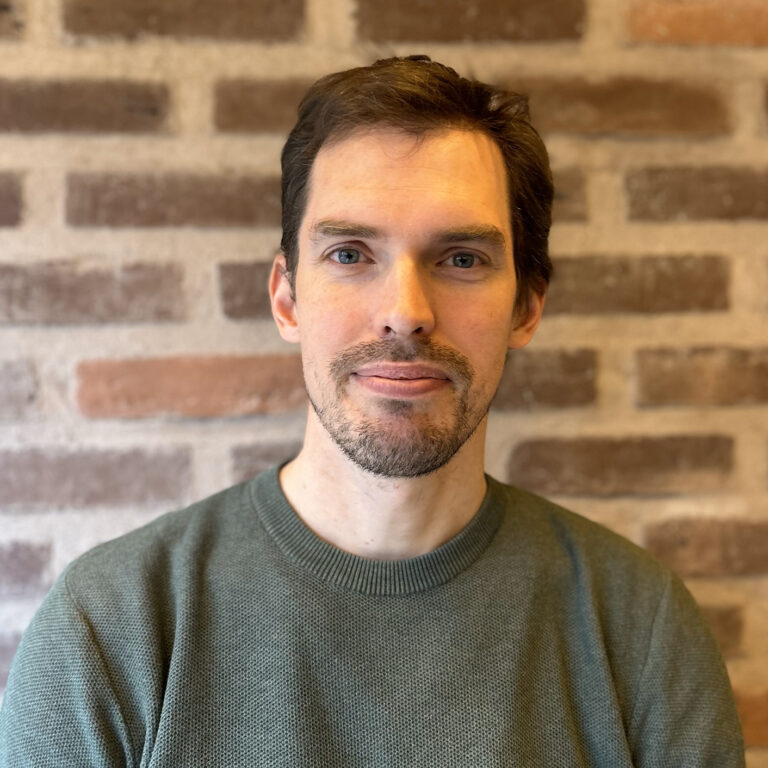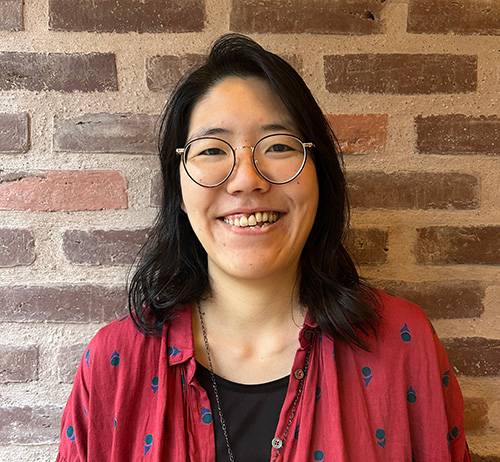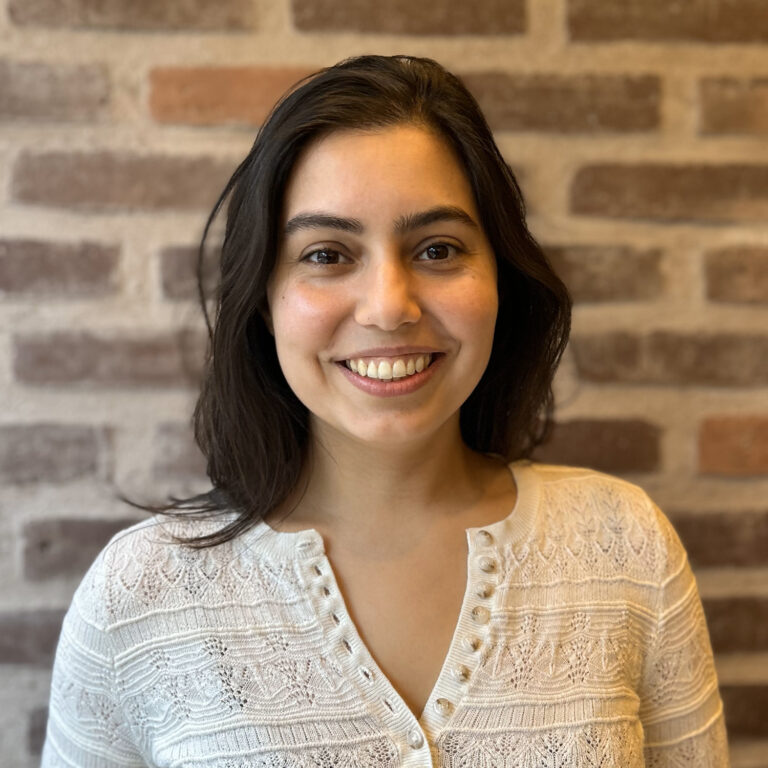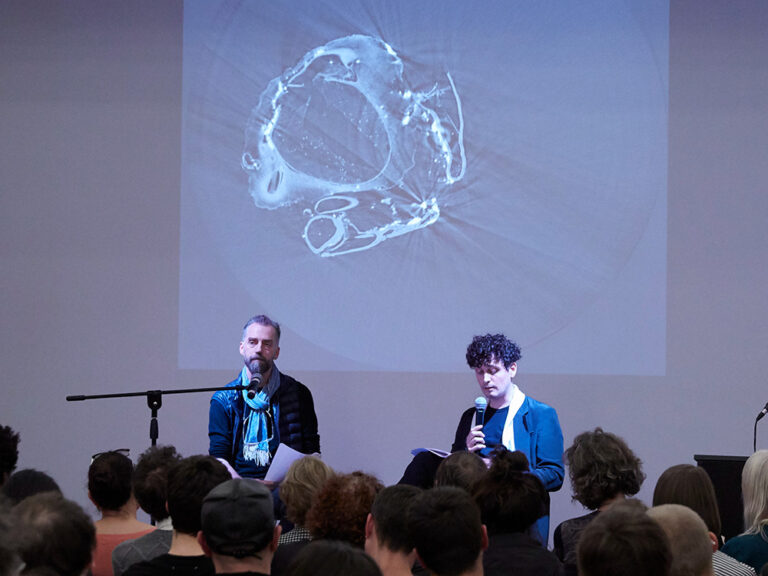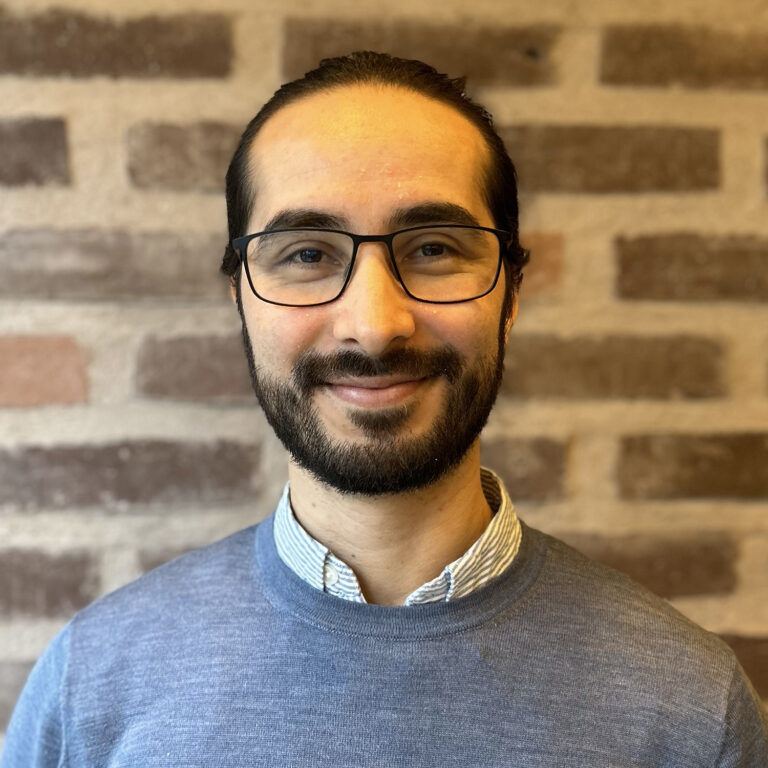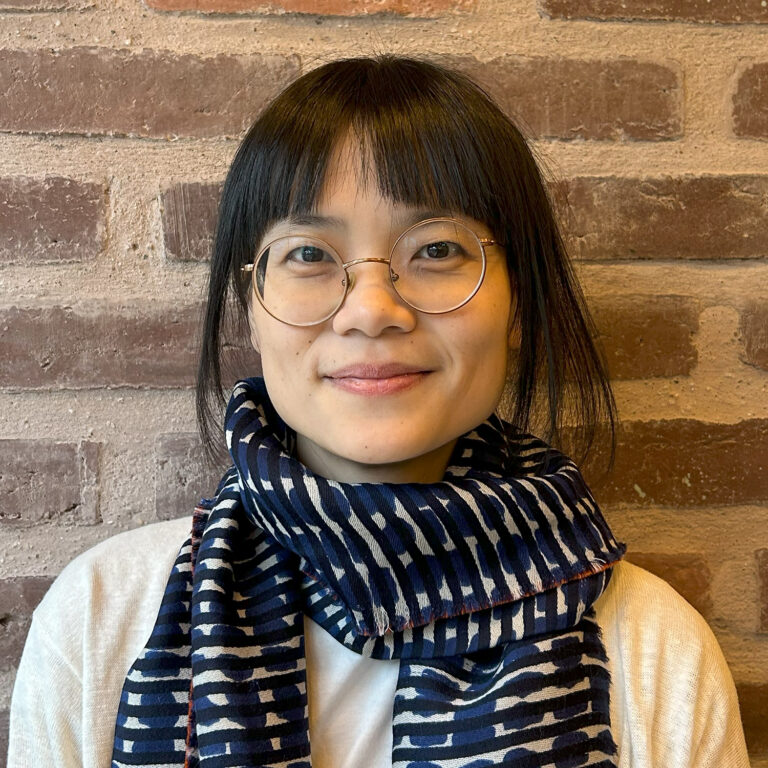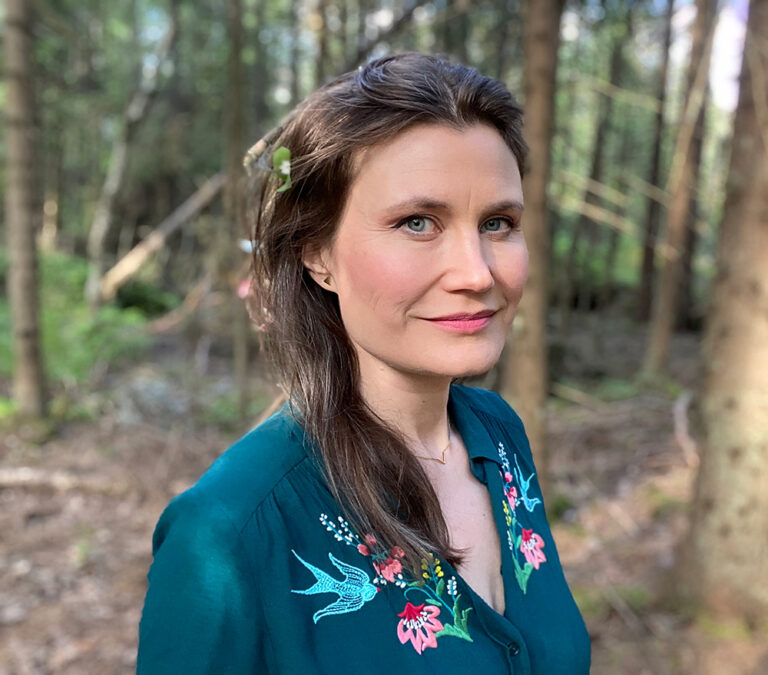People
The Laboratory is a meeting place for humans engaging with the Anthropocene. Its staff consist of research assistants, post docs, an activities coordinator, and a director. A group of mentors, with substantial experience in sustainability science, are affiliated to the laboratory. Together with the scientific committee, they support the post docs in developing their work. A carefully selected group of visiting scholars will be welcome to work with us in the near future. We aspire to work with individuals from diverse disciplinary and geographical backgrounds, willing to collaborate and contribute with their best ideas.
Staff
Visiting Scientists
-
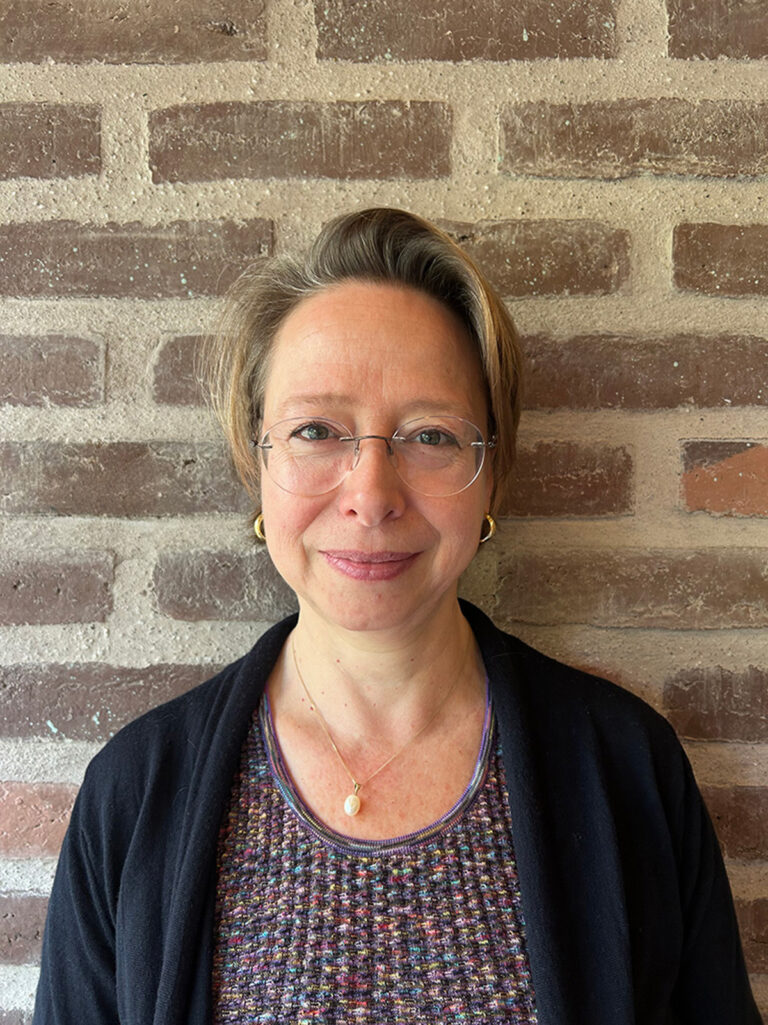
-
Francisco Gelves-Gomez
Postdoctoral Research Fellow in Conservation Geography, University of Tasmania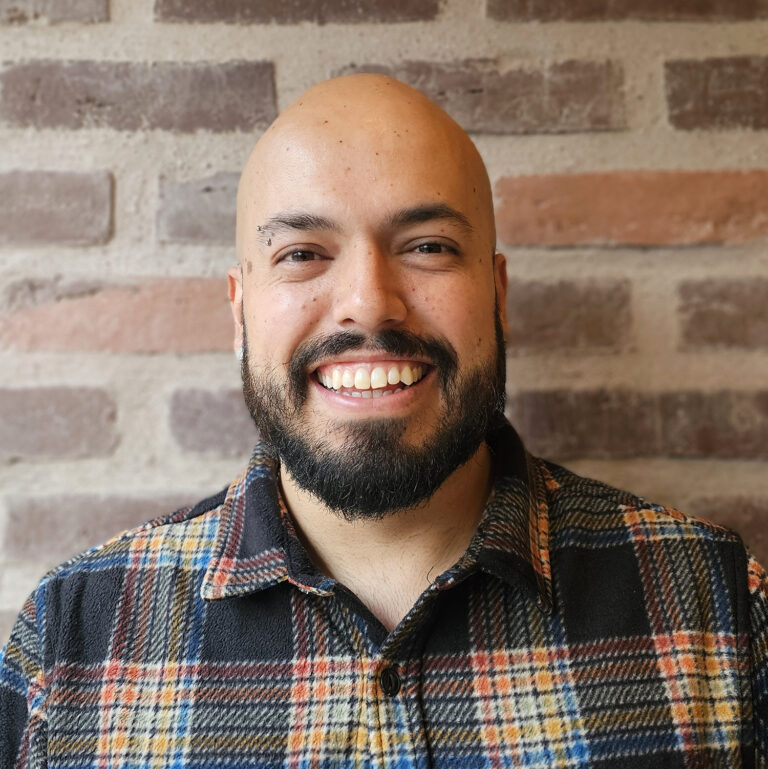
-
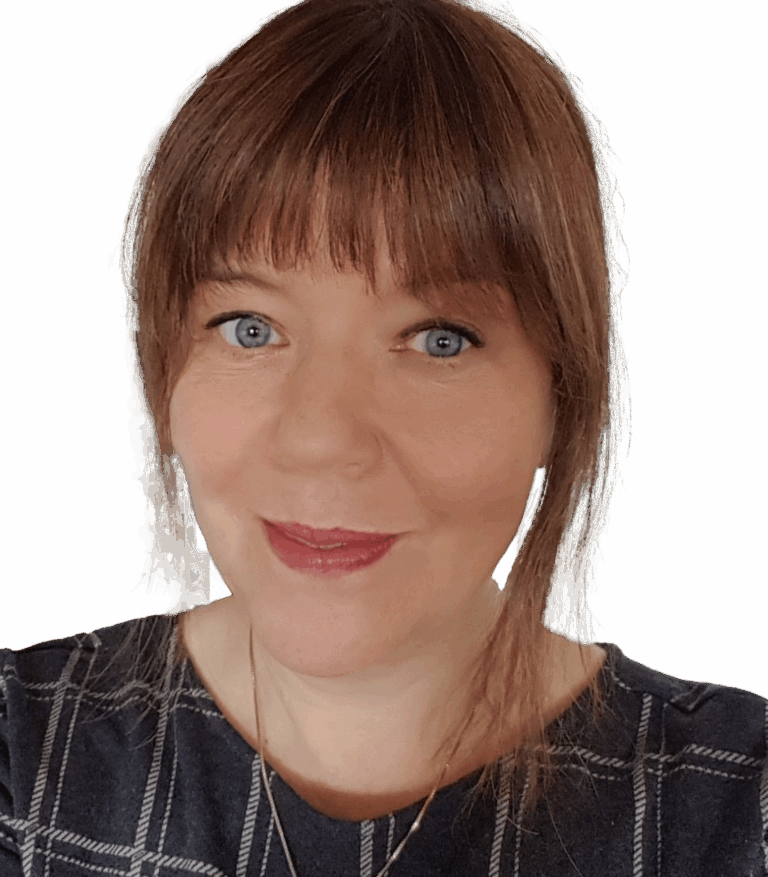
-
Mariaelena Huambachano
Associate Professor, Environmental Humanities and Indigenous Studies, Syracuse University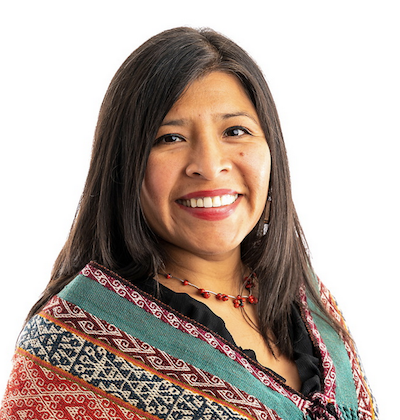
-
Oscar Hartman Davies
Postdoc, KTH Royal Institute of Technology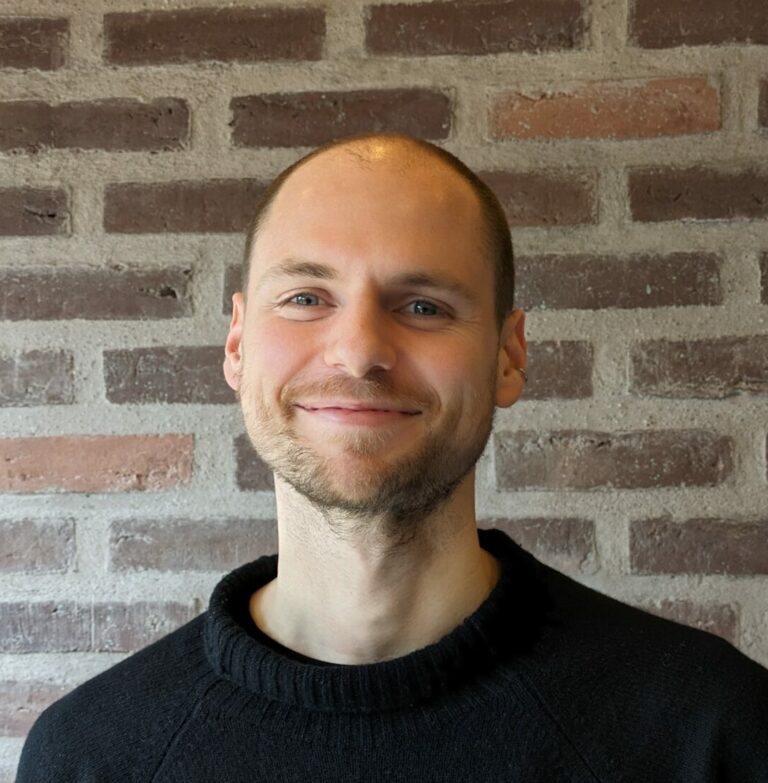
-
Tomás Milani
Postdoc Researcher, The South American Institute for Resilience and Sustainability Studies